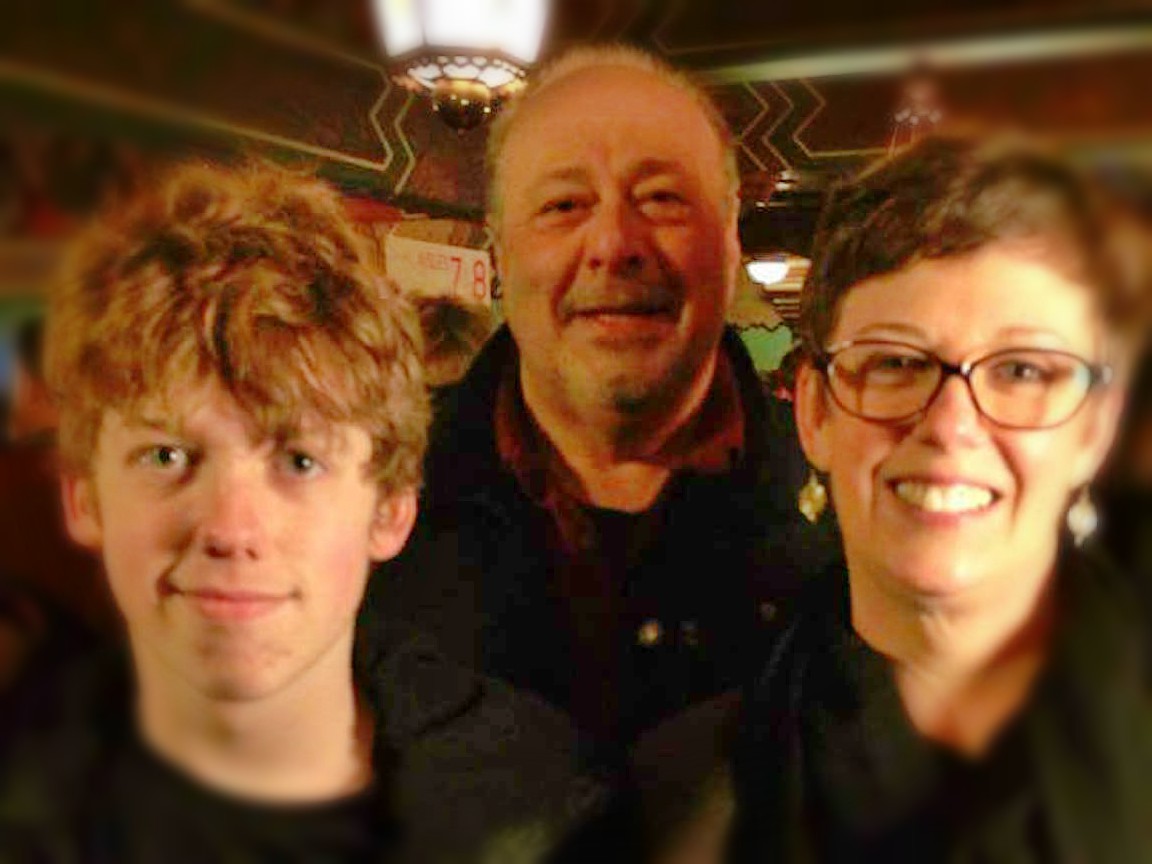Dear Mourning Mom:
I know you. I was you in the first year or two and sometimes still in bursts of remorse today. I hear your cries of all you should-have, could-have done for your lost child. This is how we often feel as survivors, especially parent survivors.
We think we failed our child, and we need to shout out our unworthiness, beat our breast. On top of the general stigma of suicide, we may be afflicted by the special shame of being a bad mother—one who couldn’t foresee or prevent her child’s self-destruction. Instinctively, we reject assurances that we did everything we could because, of course, there’s always more we could have done. Even when people add “you did everything you could–given what you knew at the time,” we just can’t accept that we were unable to save our child. That the momentum of our mothering only goes so far with our kids once they reach a certain age. And that, unlike other parents, we don’t get a second chance.
Having missed that chance, we cling desperately to remorse as a last parental act. It keeps us connected to our dead children. It shows our love and loyalty and belated understanding of what they needed and what we failed to provide. It’s a desperate plea for their forgiveness. Except that now, only we can forgive ourselves. And that could be a long time coming.
You have a total right to feel whatever you’re feeling. By all means, let it out! At the same time, please feed your battered soul. Treat yourself with the same compassion you would offer a dear friend in your position. Make a list of all the great things you did for and with your child over the years. Remember that no one is a perfect parent; no one is all seeing or all powerful.
“Just as no one can erase the grief that you feel right now, there were limits to what anyone could have done to fix your loved one’s pain,” according to Jordan and Baugher in After Suicide Loss: Coping with your Grief. “Living through the suicide of a loved one confronts all survivors with a profound sense of their own limitations.” You may feel like putting yourself on trial for failing your child, they write, but at least let someone like a therapist ensure that it’s a “fair trial” that reviews all the evidence!
I know you can’t fully take in what I’m saying right now. Please tuck it away in the back of your mind to ease some future moment, along with these words from psychotherapist Stacey Freedenthal’s blog, Speaking of Suicide (2014):
“Feelings of self-blame can distract you from grieving and, in the process, from healing. …What lies beneath your self-blame are the terrible facts that you cannot control: Suicidal forces overtook your loved one. You have suffered an unfathomable loss. You cannot turn back time, do it over, do it differently. Each of these is a loss. Mourning these losses is the essence of grief. Your grief deserves your compassion.”




